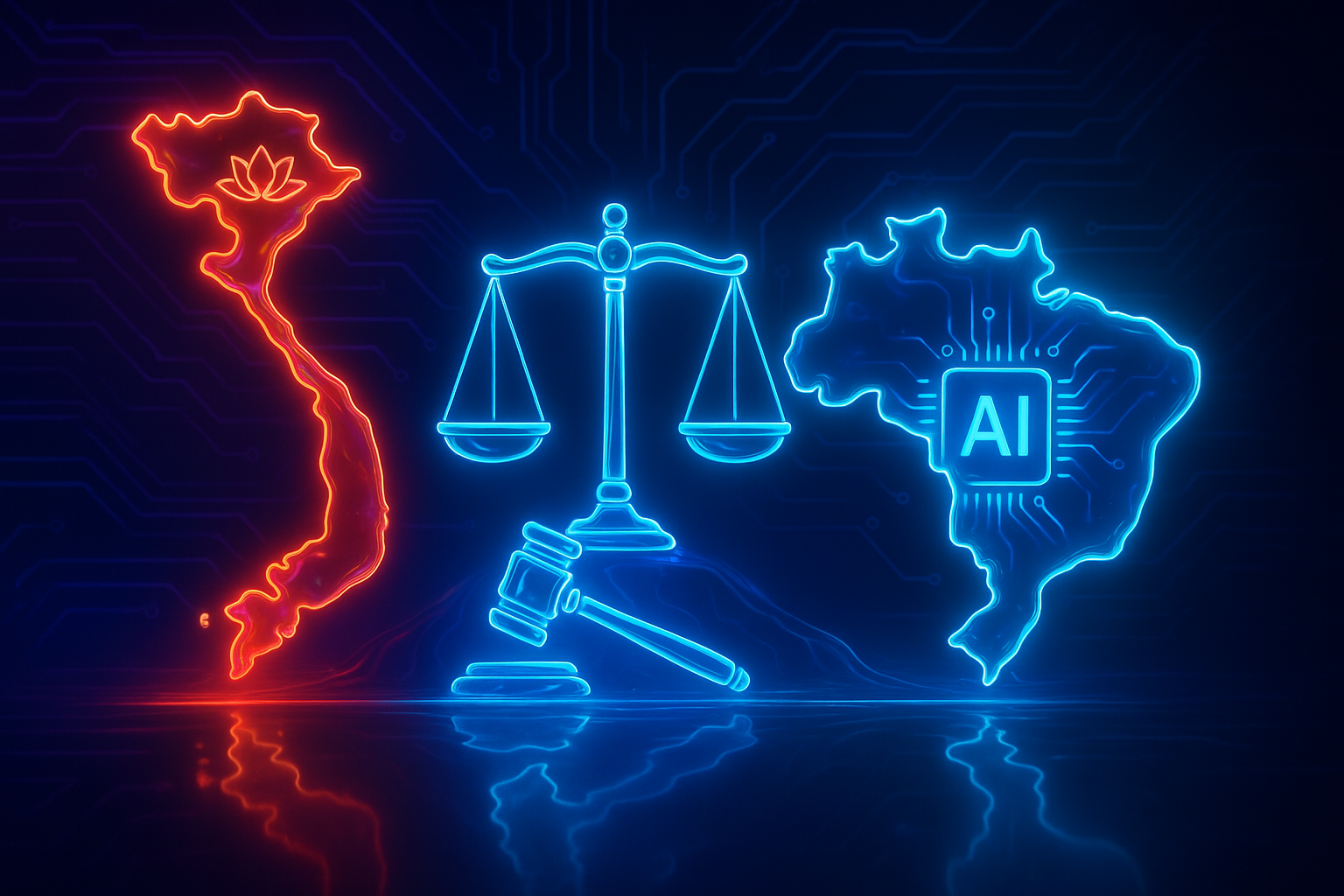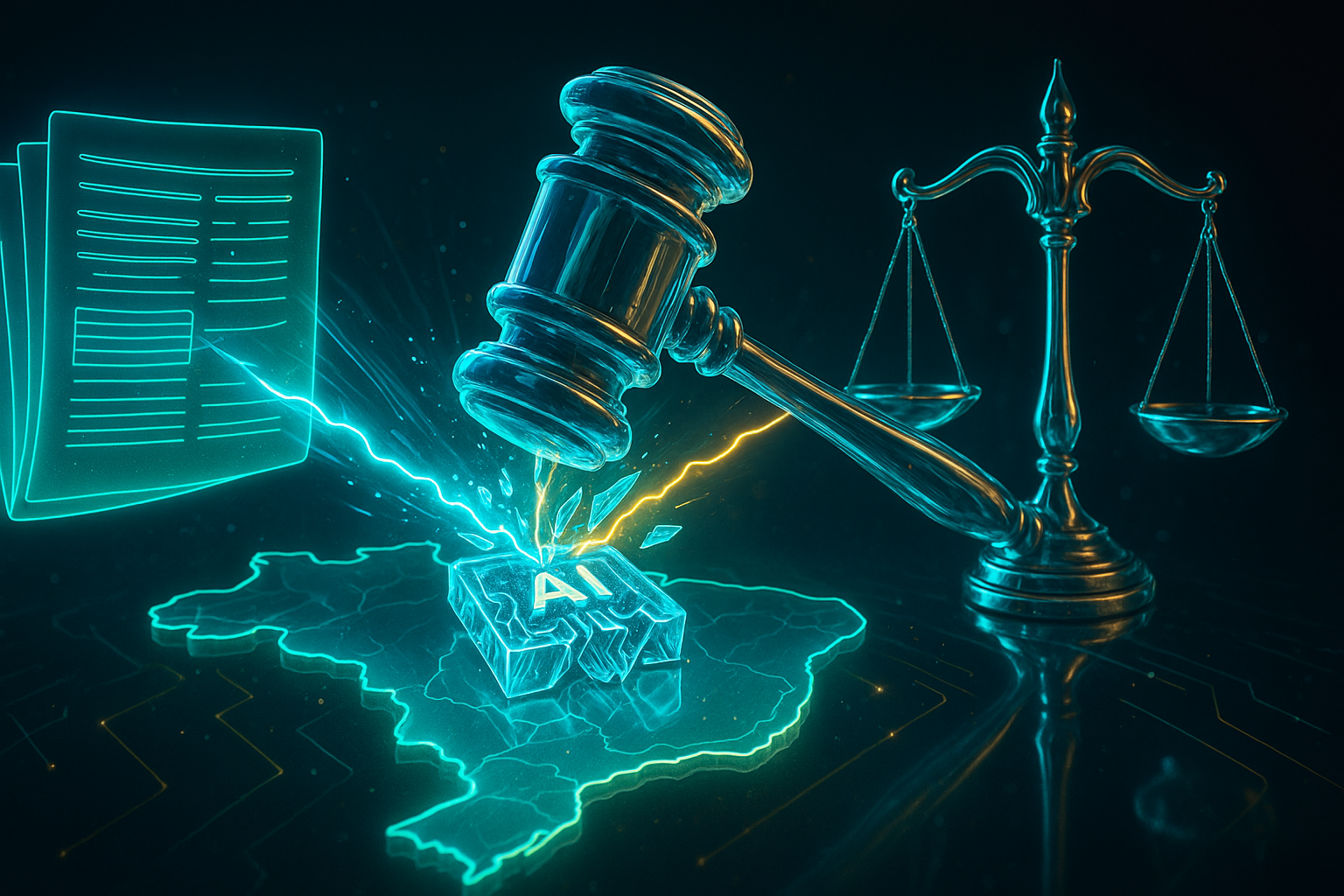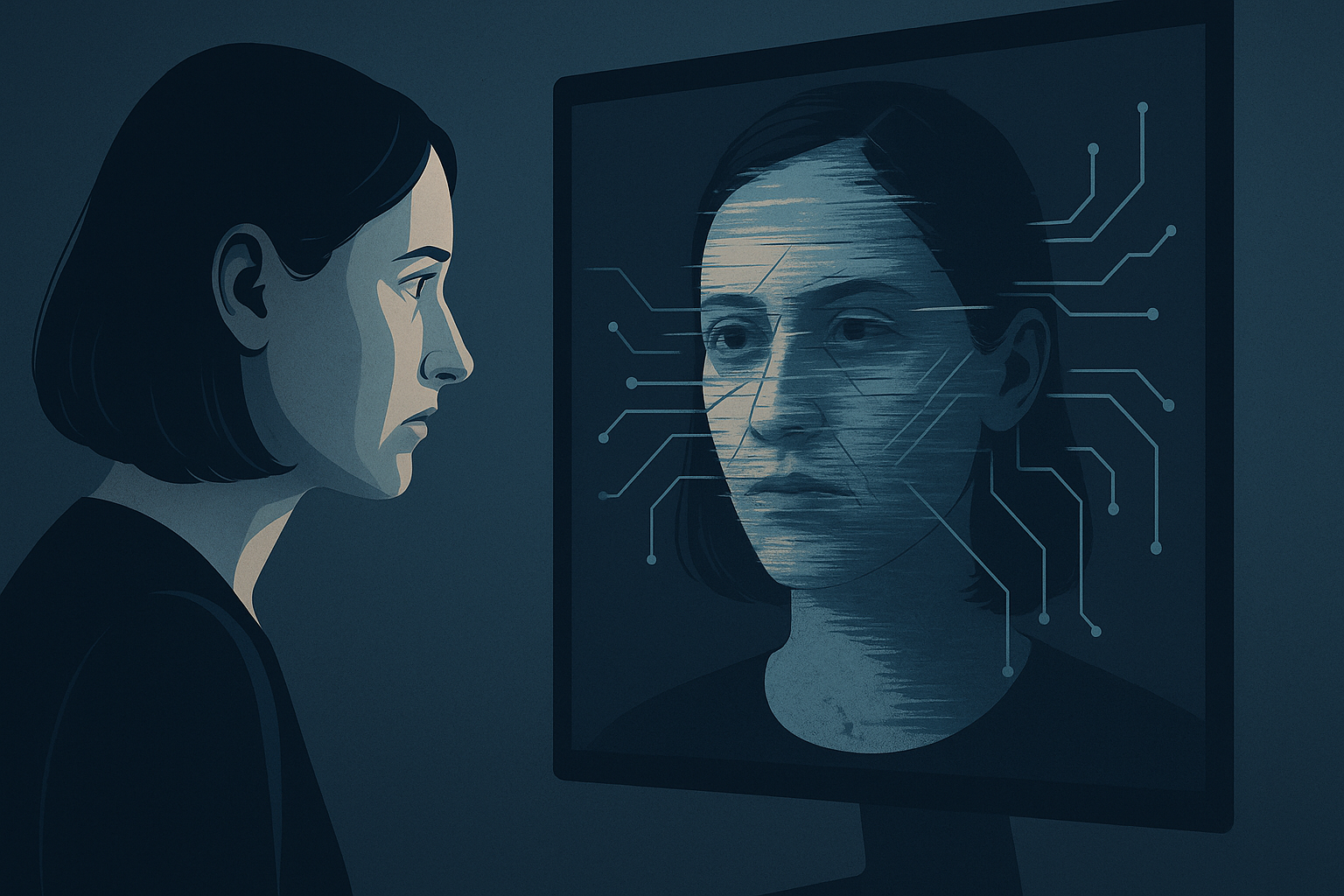Italian jurist and politician Stefano Rodotà was responsible for creating the Theory of the Electronic Body, which consists of the set of information about us that exists on the internet, which constitutes a truly authentic profile of each person's personality—a true electronic body, requiring a series of legal protections. The electronic body would be the set of data and information that makes up our identity, which refers to the idea of our physical body mirrored in the virtual world, which is where the information resides (RODOTÀ, 2017).
The Electronic Body Theory, originally proposed by Stefano Rodotà, can be expanded to reflect the complex interactions between the individual and the digital environment, incorporating elements of identity, privacy, autonomy, and technological interconnectivity. This concept expands the notion of the electronic body to encompass not only the collection and storage of personal data, but also the way this data is processed, analyzed, and used to shape individual and collective experiences in cyberspace.
The Electronic Body should be understood as a dynamic, multidimensional entity that not only reflects an individual's physical identity but also incorporates their activities, preferences, social relationships, and digital interactions. This entity is continually shaped by algorithms, artificial intelligence, and neural networks, which interpret and respond to data provided by the individual, creating a feedback loop that influences behaviors and decisions.
Furthermore, the Electronic Body is intrinsically linked to issues of autonomy and digital sovereignty. As technologies advance, individuals must have the right to control and manage their data, including informed consent regarding how their information is used and shared. Legal protection of the Electronic Body must, therefore, ensure that the rights to privacy, security, and informational self-determination are respected and protected from abuse and exploitation.
The expanded concept must also consider technological interconnectivity, where the Electronic Body is not an isolated entity, but part of a broader digital ecosystem that includes other people, smart devices, cloud computing systems, and network infrastructures. This creates an environment in which individual data can be aggregated and analyzed alongside data from other sources, maximizing both benefits and risks.
In this context, Electronic Body Theory must address the challenges and ethical implications of digital surveillance, algorithmic profiling, and potential behavioral manipulation, ensuring that legal protections are robust enough to keep pace with technological innovation. Regulation must be adaptive and proactive, anticipating new challenges and providing a legal framework that balances technological innovation with the fundamental rights of the individual.
Colombo and Faleiros Junior (2022) teach that today people absorb technology into their lives, crossing reality and the virtual, and the social and the individual, with more and more people living on the Internet, entertaining themselves on it, working, and pairing all their home accessories with it. This is a predominant phenomenon of the information society, with the migration of acts of physical life to the virtual and immaterial world becoming increasingly common (COLOMBO, FALEIROS JUNIOR, 2022).
For example, delivery orders have become virtual, with apps like Ifood and Rappi; car rentals are now virtual; banking services are similarly virtual; and ordering an Uber or 99 is now done solely through an app, connected to the internet. This makes it clear that almost all acts of civil life have been transferred from the material to the immaterial world.

To prevent the exploitation of the person, through which anyone can access any information, thus creating individual, family, and group profiles, making the victim an object of external power, and being able to falsify it on the network, the Charter of Fundamental Rights of the European Union prohibited making the body an object of profit (RODOTÀ, 2017). This basis brought by the Charter applies to the physical body, but can be extended to the electronic body (RODOTÀ, 2017).
This principle, enshrined in the founding of the European Union, was translated into subsequent regulations, particularly regarding data protection worldwide, particularly in Europe and Brazil. All fundamental rights that apply to individuals in the physical world—dignity, freedom, and equality—also apply to electronic bodies. The purpose of creating a virtual entity is to provide it with legal protection, particularly regarding its cherished fundamental rights.

It is based on these premises that technological innovations have the capacity to radiate countless effects on traditional legal institutions, providing a reinterpretation of their concepts, materializing within this new context of the information society (COLOMBO, FALEIROS JUNIOR, 2022). From the perspective of the electronic body, the protection of personality rights can be brought closer to the physical body and digital aspects, ensuring the promotion of the free development of the human person (COLOMBO, FALEIROS JUNIOR, 2022).
Personal data, which constitutes the electronic body, must be protected to ensure the individual's privacy and security. Data leaks can lead to serious consequences, such as identity theft, financial fraud, and other forms of exploitation. Therefore, legislation seeks to ensure that data is collected, stored, and used ethically and transparently, giving individuals control over their own information.
Furthermore, the electronic body theory emphasizes the importance of digital literacy and user awareness of their online rights and responsibilities. People must be empowered to understand how their data is used and what steps they can take to protect their privacy.
Emerging technologies, such as artificial intelligence and the Internet of Things (IoT), further increase the need for legal protection in the digital environment. These advances bring new challenges and opportunities for digital law, requiring constant updating of regulations and active vigilance to protect fundamental rights in the virtual world.

REFERENCES
COLOMBO, Cristiano; FALEIROS JUNIOR, José Luiz de Moura; ENGELMANN, Wilson. Legal Protection of the Electronic Body. São Paulo: Foco, 2022.
RODOTÀ, Stefano. The anthropology of homo dignus. Trans. Maria Celina Bodin de Moraes. Civilistica.com. Rio de Janeiro, a. 6, n. 2, Jan.-Mar./2017. Available at: . Accessed on: July 26, 2022.





[…] Photo by Claudio Schwarz on Unsplash The Electronic Body Theory […]